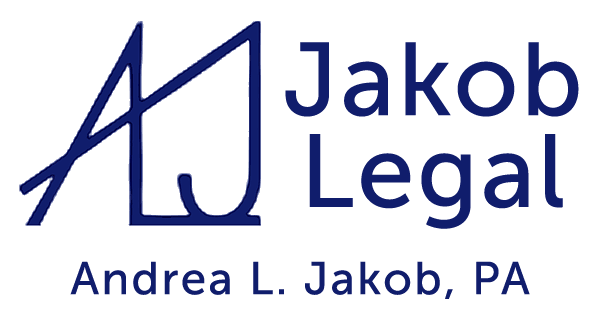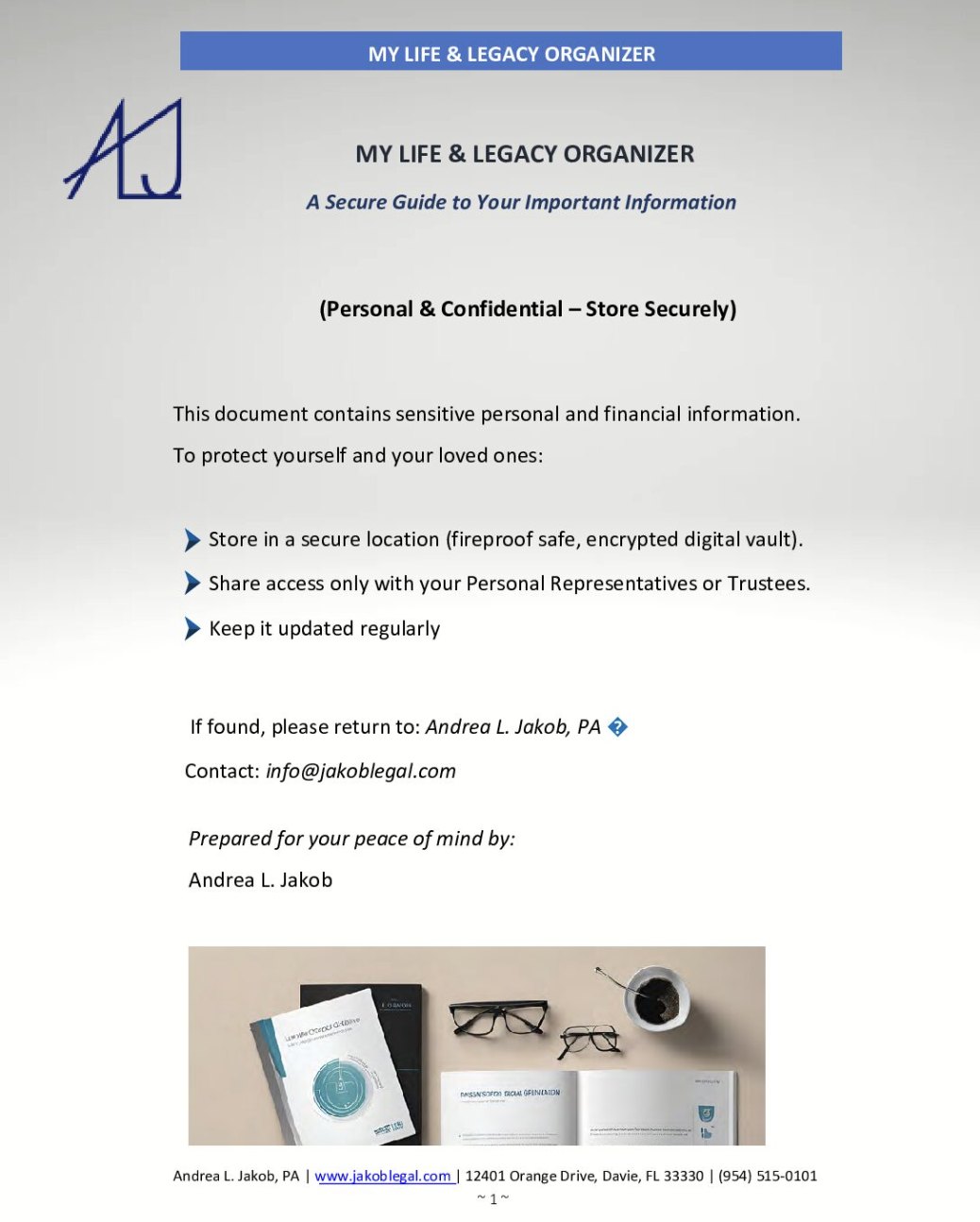A trust is a legal document that can be created during a person’s lifetime and survive upon that person’s death. There are several types of trusts that can be established based upon that person’s needs or the needs of their surviving heirs. Understanding the different types of trusts and their uses may help you determine if one is the right choice for you.
What Are The Different Types Of Trusts?
Depending on your needs and specific situation, there are many different types of trusts available to help in structuring your estate. Creating and managing a trust can be a complex topic, so it’s essential to have an experienced Florida estate planning attorney on your side during the process.
Revocable Trusts
Revocable trusts are created during the lifetime of the trust maker and can be changed, altered, or modified entirely at the discretion of the trust maker. These trusts are useful when it comes to avoiding probate. They are often referred to as a ‘living trust’ and the trust maker serves as the initial trustee.
Irrevocable Trusts
An irrevocable trust is one that is created during the lifetime of the trust maker and cannot be changed or altered once put in place. Once an asset is transferred to the trust, it cannot be removed by anyone, including the trust maker. After its creation, an irrevocable trust cannot be canceled. These trusts can be useful if one wants to protect assets from everyone, including themselves.
Constructive Trust
A constructive trust, sometimes referred to as an implied trust, is one that is established by the courts to meet the desires of the property owner. These trusts are created when a property owner fails to establish a trust on their own but the court has reason to believe that the owner would have established a trust if given the opportunity.
Constructive trusts are designed to bridge the gap between a desire to establish a trust and an opportunity to do so before passing away.
Charitable Trusts
Established to benefit a specific charity or the public in general, charitable trusts are created when an individual has a desire to give back to their community. It is possible to use a charitable trust if you wish to leave behind a gift to support a charity or public works project that was important to you during your lifetime. It is even possible to form a charitable remainder trust that benefits you prior to your passing.
Special Needs Trust
A special needs trust is one established on behalf of a person who receives government benefits that could potentially be terminated if they were to receive a sudden influx of cash or property.
Since the special needs individual cannot control or influence the disbursement of the trust funds, they are able to continue receiving their benefits while still benefiting from the trust. The funds in the trust can be used to purchase things that they need, such as transportation (a new vehicle), eyeglasses, medical expenses, and more.
Spendthrift Trust
Spendthrift trusts are protected from being sold or pledged away by the beneficiaries. They are also protected from creditors until the property in the trust is transferred directly to the beneficiary. These trusts are meant to be kept safe from being lost by a beneficiary who is not financially savvy.
Totten Trust
A Totten trust is a trust that is created during the lifetime of the grantor by establishing an account at a financial institution and including the terms “payable on death” or similar language to name a beneficiary. This form of trust allows for property such as a bank account or certificate of deposit to be transferred upon death seamlessly. It is typically only used to transfer financial account assets upon the death of the original account holder.
Contact Our Florida Estate Planning And Probate Team
With the many different trust options available, it is important to know which choice is best for you. Andrea Jakob and her team can help you determine which type of trust, as a part of a comprehensive estate plan, is best to help you achieve your goals of protecting your family and loved ones after your passing. Contact us today to schedule a consultation and get started with your plan!

